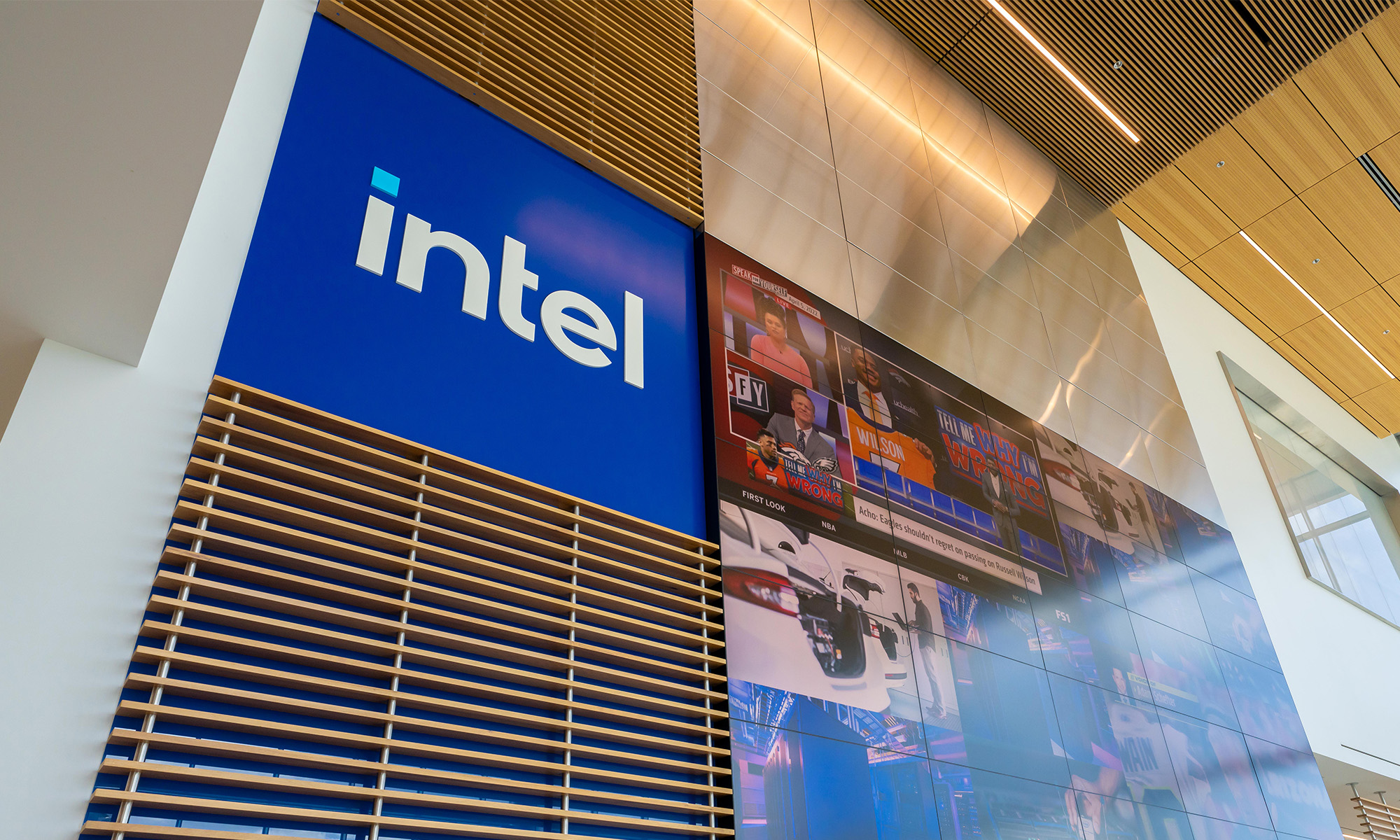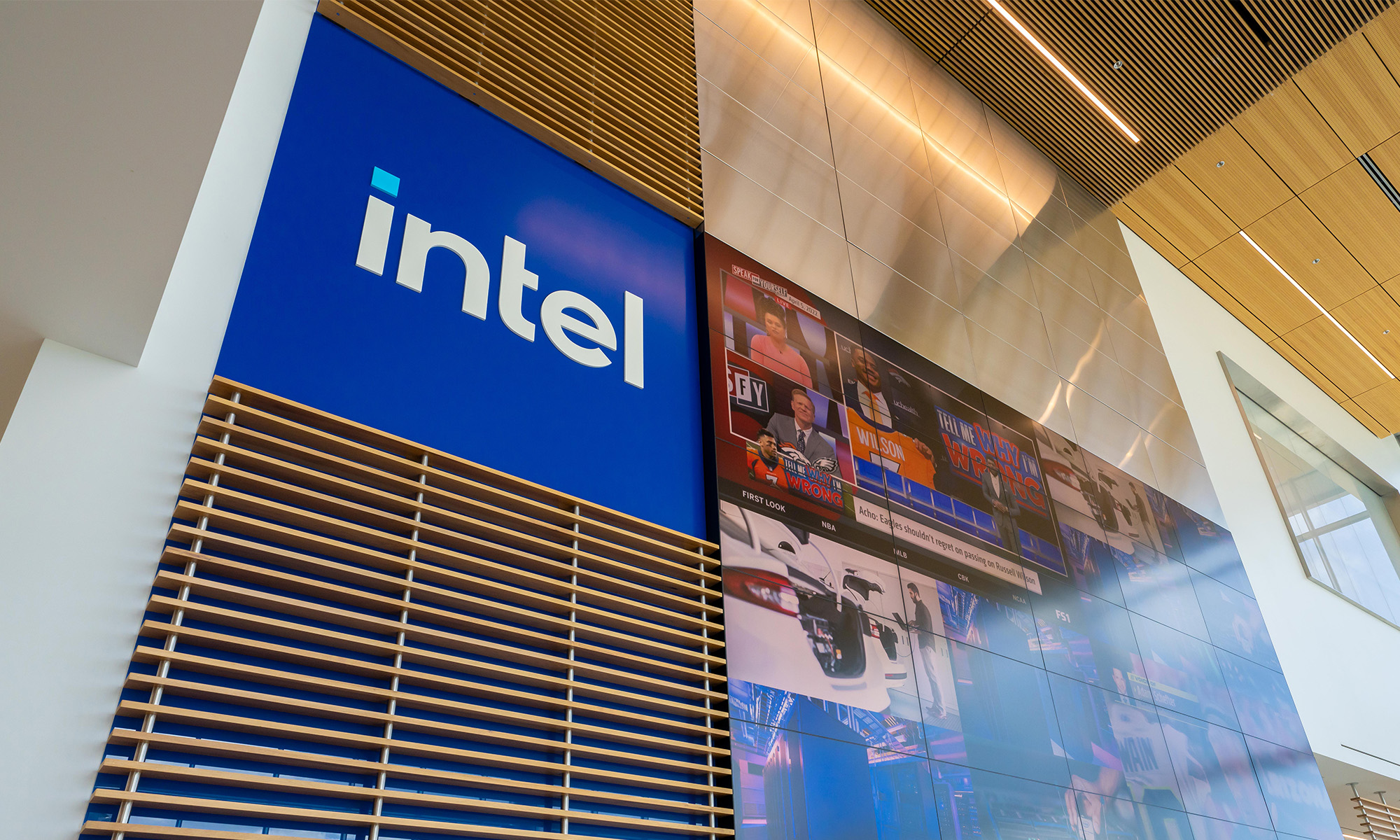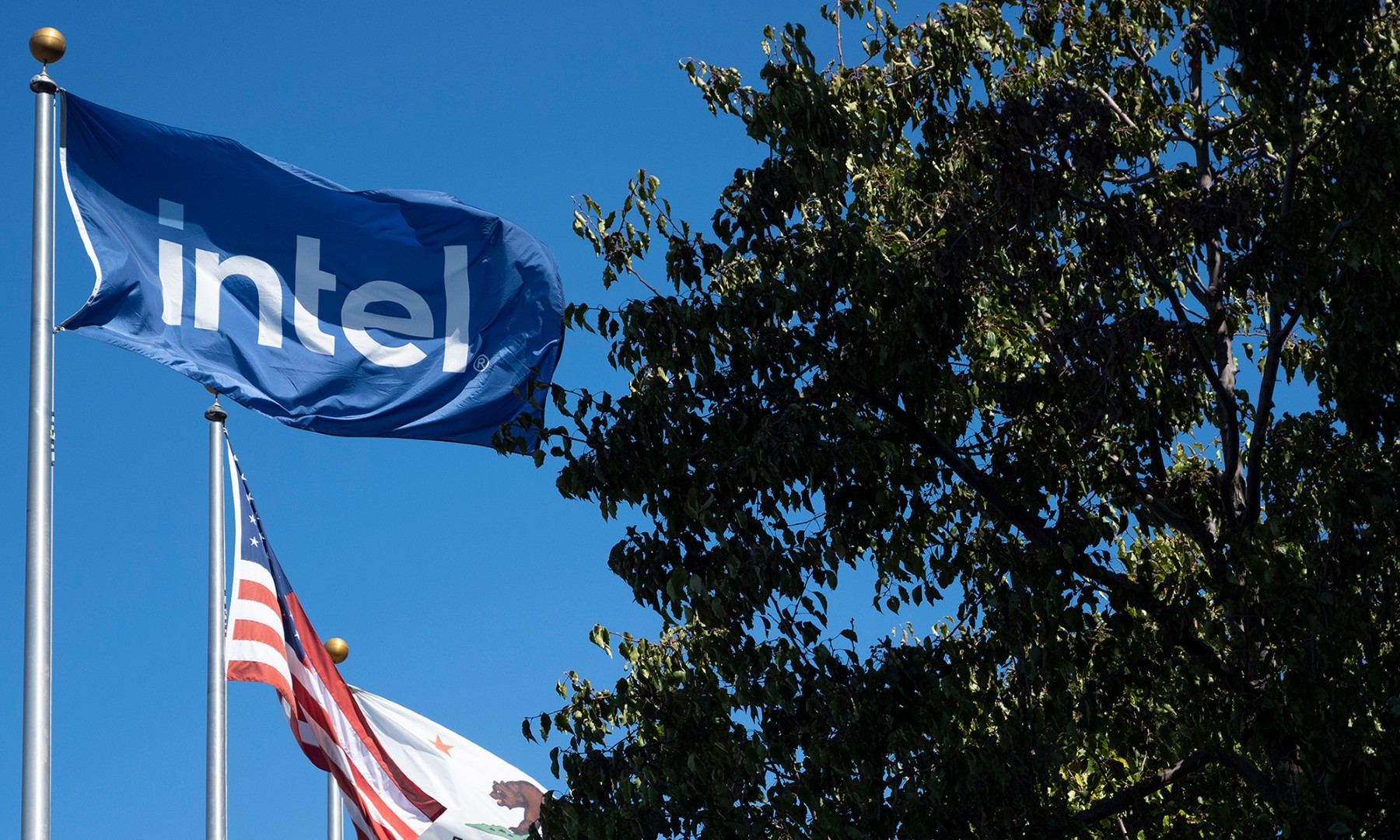Later this month, Microsoft (MSFT +1.66%) will begin rolling out its next operating system, Windows 10. Compared to its predecessor, Windows 10 packs a number of innovative new features, and it could help energize the broader PC platform.
Intuitively, that might seem like a positive development for companies that depend on the sale of traditional PCs. Hewlett-Packard (HPQ 4.01%) and Intel (INTC +0.64%) still derive a significant portion of their revenue from Windows-powered devices. Assuming it's well-received, Windows 10 could provide a positive jolt to their sales.
Or perhaps not. A recent report from research firm Gartner suggests that the release of Windows 10 could actually reduce PC sales, at least in the near-term.

Hewlett-Packard's HP Envy. Photo: HP
Windows 10 could extend the PC upgrade cycle
The market research firm expects PC shipments to total 300 million units in 2015, a 4.5% drop from last year. By itself, this wouldn't be too significant -- PC shipments have been steadily contracting since 2011, when global shipments hit a peak of 365 million units -- but it is interesting given the timing of Windows 10's release. In the past, new versions of Windows have heralded a surge in PC shipments, as users upgraded to take advantage of the new operating system.
In 1996, following the release of Windows 95, PC shipments rose 21%. In 2007, following the launch of Windows Vista, shipments rose more than 12%. Windows XP didn't help -- PC shipments actually declined in the fourth quarter of 2001 -- but its release was oddly timed, coinciding with the unfortunate bursting of the tech bubble. Windows 8 failed to stop the recent slide in PC shipments, but has been at best, controversial. Many of the features in Windows 10 (such as the return of the Start menu) seem aimed at correcting Windows 8's mistakes.
This new research report suggests that Windows 10 will fall into the latter category, actually contributing to a slowdown in PC sales. Enterprise users will look to test the operating system before making the move. Consumers won't be there to pick up the slack, as many of them will receive Windows 10 as a free upgrade, downloadable over the Internet to their current Windows 7- or Windows 8-powered PC.
Intel, Hewlett-Packard, and Microsoft investors could be the most exposed
Hewlett-Packard and Intel remain heavily reliant on the market for traditional PCs.
About one-third of Hewlett-Packard's revenue, and one-tenth of its earnings, comes from its Personal Systems business, composed largely of the traditional PCs it sells to consumers and businesses. In November, Hewlett-Packard will cleave itself in two, leaving its PC and printer businesses as a separate company known simply as HP. The printing business should be largely impervious to operating system cycles, but the other portion of its business will remain reliant on PC shipments.
The same holds true for Intel -- its Client Computing Group (mostly composed of its PC processors) generated about half of Intel's revenue and operating income last quarter. Intel has been pushing into other markets and seeing some success, but its performance still hinges on PC sales. Intel shares fell earlier this month following the release of its most recent earnings report. Although its Data Center business grew, its PC business contracted.
In the past, declining PC shipments would be seen as a negative for Microsoft, as revenue from Windows OEM licenses would likewise decline. But Microsoft's Windows-related revenue has been in decline for some time. Last quarter, Microsoft's total Windows revenue fell 22% on an annual basis. As the company shifts to a new business model centered on cloud software and services, PC shipments are becoming increasingly irrelevant.
In the long-run, successful Windows 10 adoption should be viewed as a positive for all three firms -- the continued viability of the Windows platform depends on it. But if this recent market research report proves true, investors shouldn't expect much of a push this year.








